Matchmaking in the workplace: How online dating can improve team effectiveness
Saberr founder Alistair Shepherd believes that online dating can change the way offices work


Forget Myers-Briggs tests, if you want to know how your colleagues think, turn to Saberr.
The British start-up claims it can predict the performance of your office team based on how well you get along, using an algorithm informed by online dating. We spoke to its founder, Alistair Shepherd, who uses the software to make all his hires and even spot which startups are about to fail so he can poach their staff, which is how the company picked up its current CTO.
What does Saberr aim to do?
Our software forecasts how teams and individuals will perform based upon their ability to interact with each other.
When you work with people who you like and get on well with, your performance is at its best you use your skills to the best of your ability. But when you work with people who frustrate you and who you don't particularly respect, it's much harder to feel motivated at work.
Personality tests, such as Myers- Briggs, are very interesting, but not particularly useful. You can't forecast performance with that. We look at what really drives a person from a very data-driven perspective.
That sounds an awful lot like online dating.
We did a lot of our early research from online dating. What we're looking at is what makes people click, what makes people like each other? What makes people not like each other? The things that make a good long-term romantic relationship are also the things that make a good long-term friendship, or a good long-term professional relationship you're able to respect each other under varying degrees of stress over a long period of time. We looked for patterns in the data from online dating to see if that could help us when we were developing our early algorithms.
Of course, we're not trying to foster romantic relationships, because that would land us in a bit of trouble.
Sign up today and you will receive a free copy of our Future Focus 2025 report - the leading guidance on AI, cybersecurity and other IT challenges as per 700+ senior executives
How do you know that people answer honestly?
When you're using data to try to analyse a person, it's easy to get bad data.
To give you a very crude example, if one of the questions was and it's not "are you hard-working?" There's an obvious right answer to that in the workplace. It takes a lot of effort to carefully design a survey.
More interesting is being able to get the same level of accuracy from data that you're producing in your daily life, because that means there's less chance for you to play the system. We're working on things such as analysing your email history to help give you a better assessment.
So how do you know it works?
The way we [test] it with current clients is, if they're a big company with hundreds of employees, we can go in and look at teams that they've had operating for the past couple of years, where they've got performance or outcome data. We'll run our analysis and compare which teams we think should have had the highest performance over the past couple of years with the actual outcome data.
They match up remarkably well. It's surprising because we don't look at people's skills; we don't look at their experience; we don't look at their demographics all things you consider when you're interviewing somebody. All we look at is the nature of the relationships. It's surprising how predictive that is when it comes to forecasting performance.
Has anyone ever refused to answer the questions?
We make the questions in our survey optional. It would be poor practice for an employer to force somebody to do this if they didn't want to. But we try to make it clear that this is for the benefit of the employee, so we get far fewer refusals than I would expect.
There's a big danger that, when you're developing a system such as this, you end up being seen as Big Brother and that it's just another tool to put you in a box. However, I think the real power of data is not giving it to Big Brother, but giving it to you as the employee to help you manage your career better. Which employee doesn't want to be happier at work and have a more successful career? I think we all strive for that.
Freelance journalist Nicole Kobie first started writing for ITPro in 2007, with bylines in New Scientist, Wired, PC Pro and many more.
Nicole the author of a book about the history of technology, The Long History of the Future.
-
 Hacker offering US engineering firm data online after alleged breach
Hacker offering US engineering firm data online after alleged breachNews Data relating to Tampa Electric Company, Duke Energy Florida, and American Electric Power was allegedly stolen
-
 Threat intel could be your secret weapon in cybersecurity sales
Threat intel could be your secret weapon in cybersecurity salesIndustry Insights Threat intelligence transforms cybersecurity sales from reactive product pitching to strategic advisory.
-
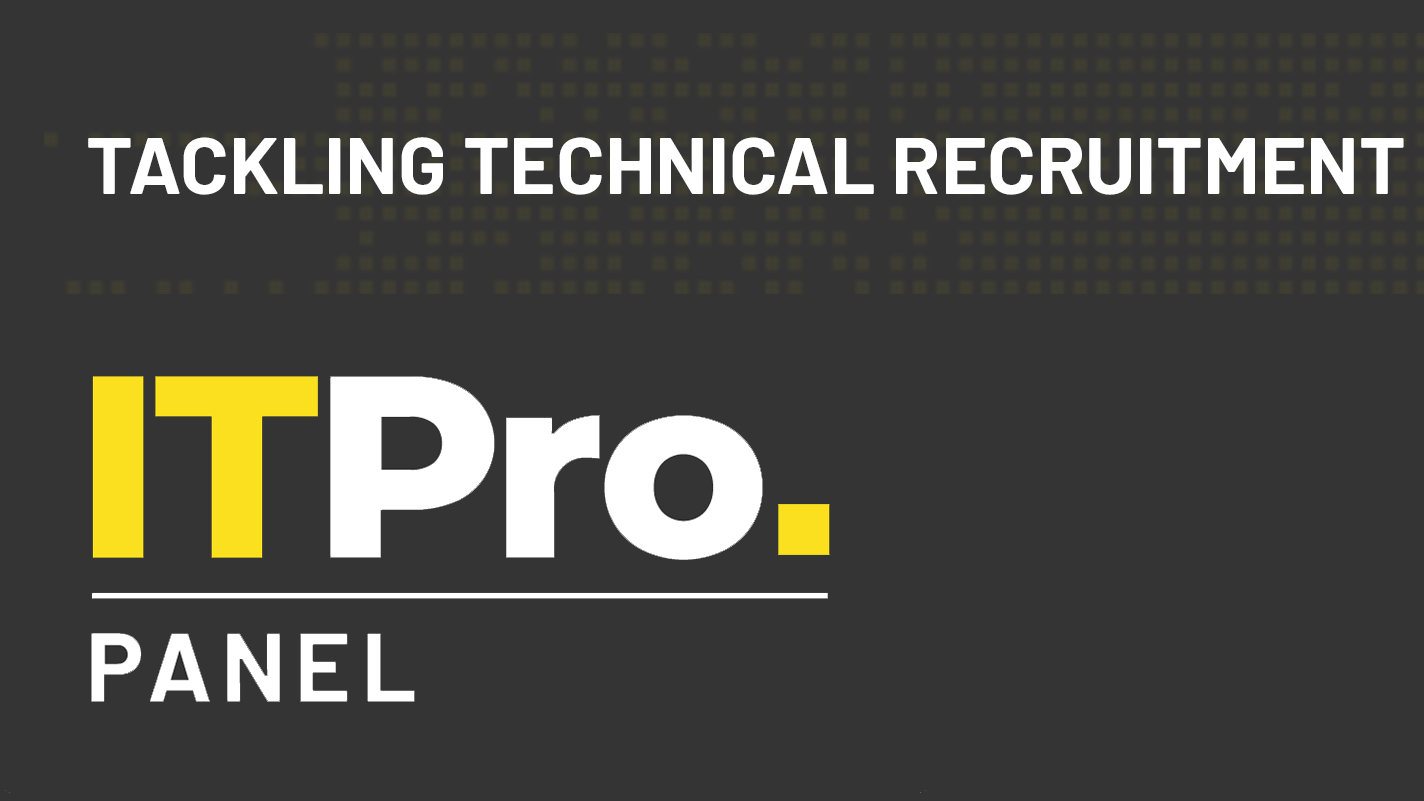 IT Pro Panel: Tackling technical recruitment
IT Pro Panel: Tackling technical recruitmentIT Pro Panel With the recruitment market shifting, how can businesses both retain their best staff and fill gaping talent shortages?
-
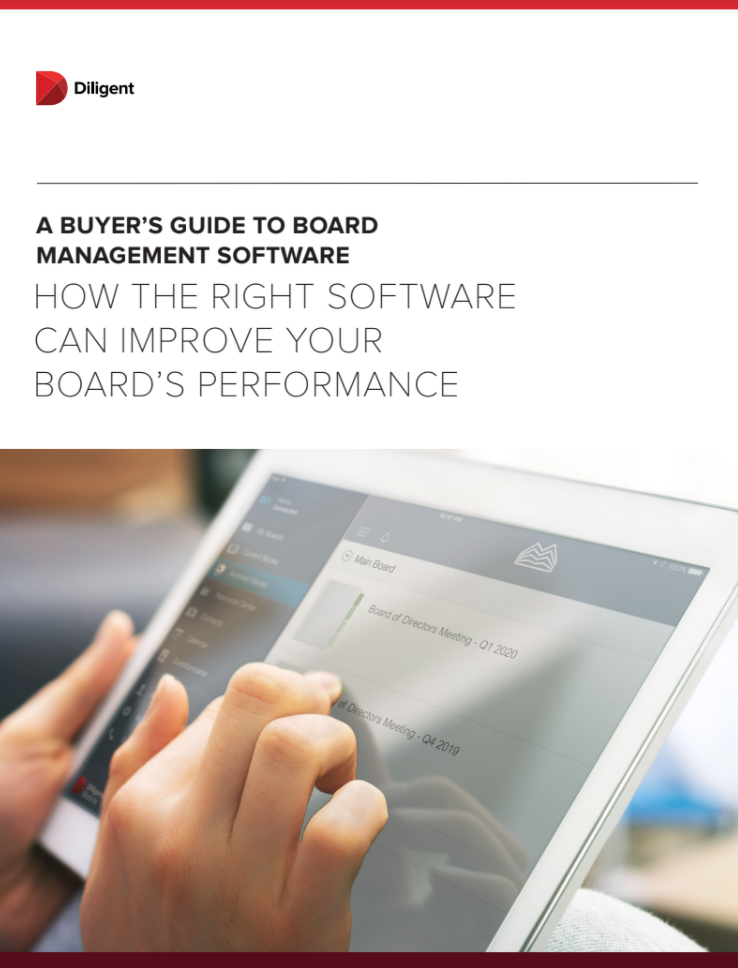 A buyer’s guide to board management software
A buyer’s guide to board management softwareWhitepaper Improve your board’s performance
-
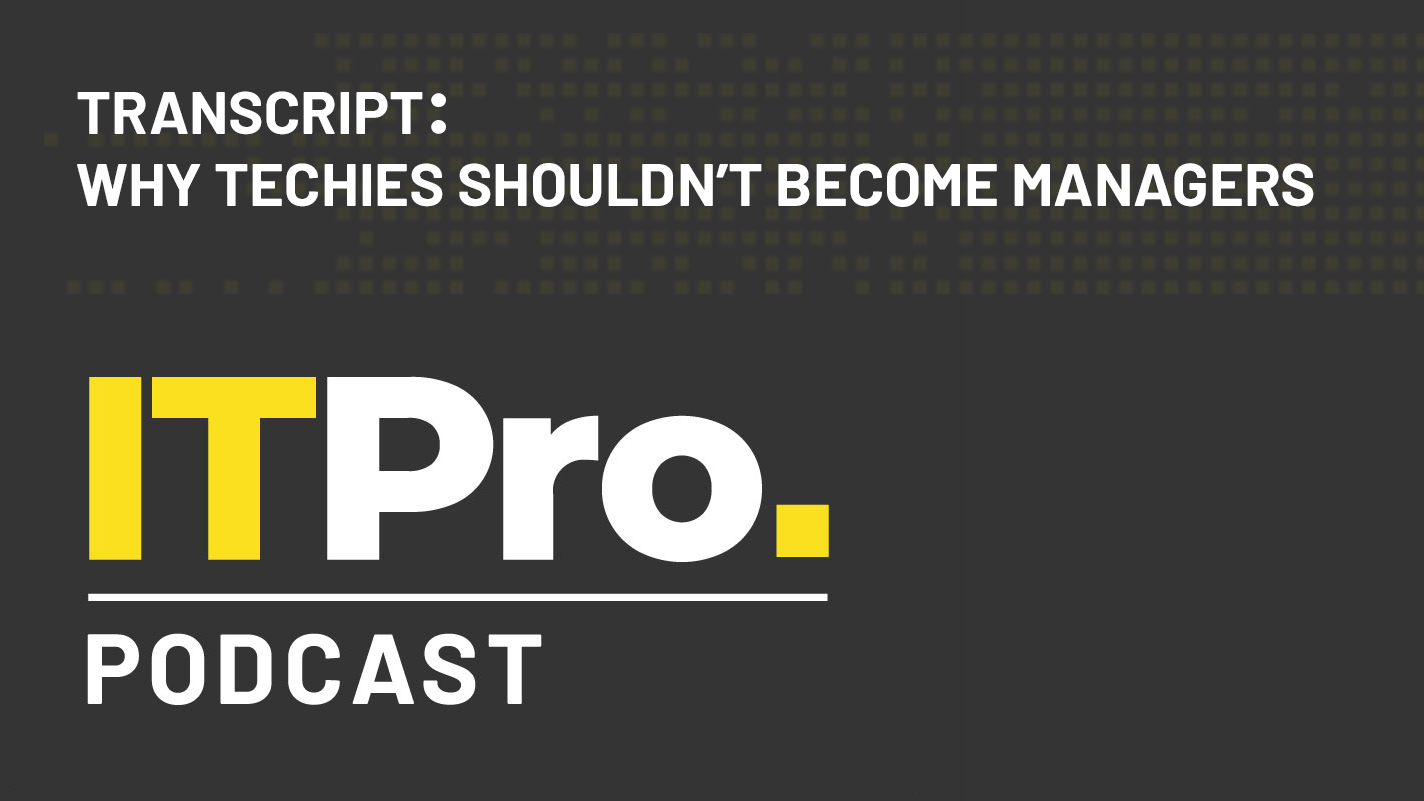 Podcast transcript: Why techies shouldn’t become managers
Podcast transcript: Why techies shouldn’t become managersIT Pro Podcast Read the full transcript for this episode of the IT Pro Podcast
-
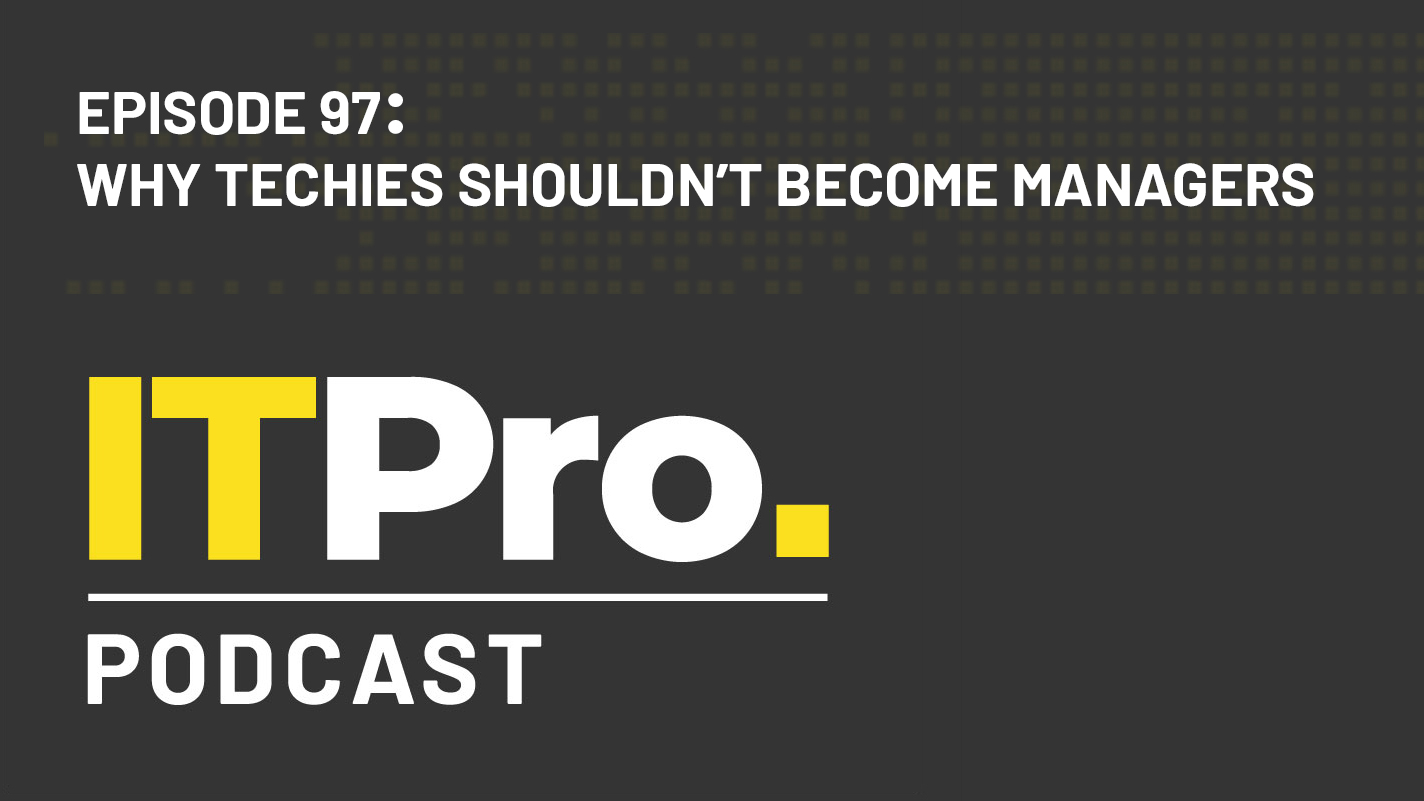 The IT Pro Podcast: Why techies shouldn’t become managers
The IT Pro Podcast: Why techies shouldn’t become managersIT Pro Podcast Managing people is a completely different skillset to managing technology - so why do we keep pushing people from one to the other?
-
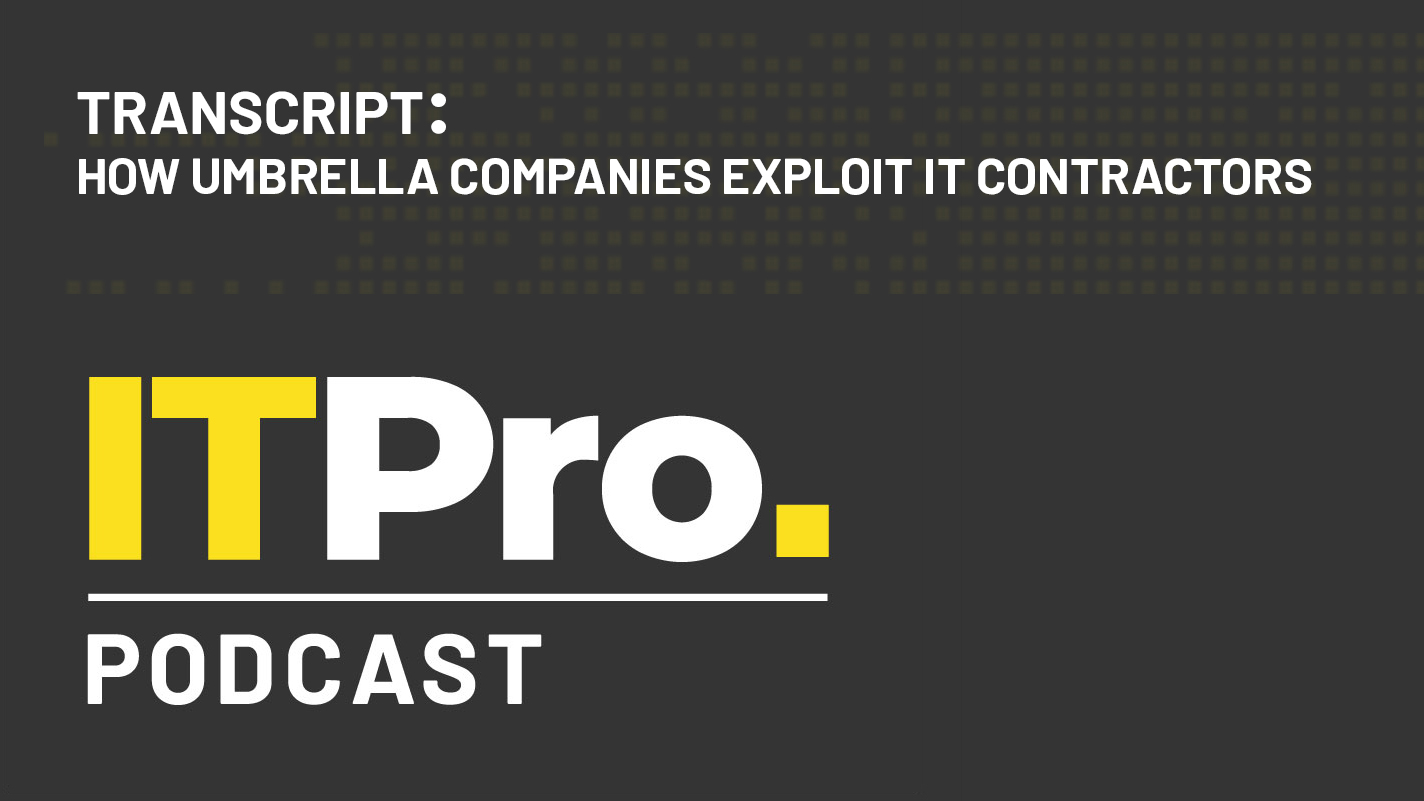 Podcast transcript: How umbrella companies exploit IT contractors
Podcast transcript: How umbrella companies exploit IT contractorsIT Pro Podcast Read the full transcript for this episode of the IT Pro Podcast
-
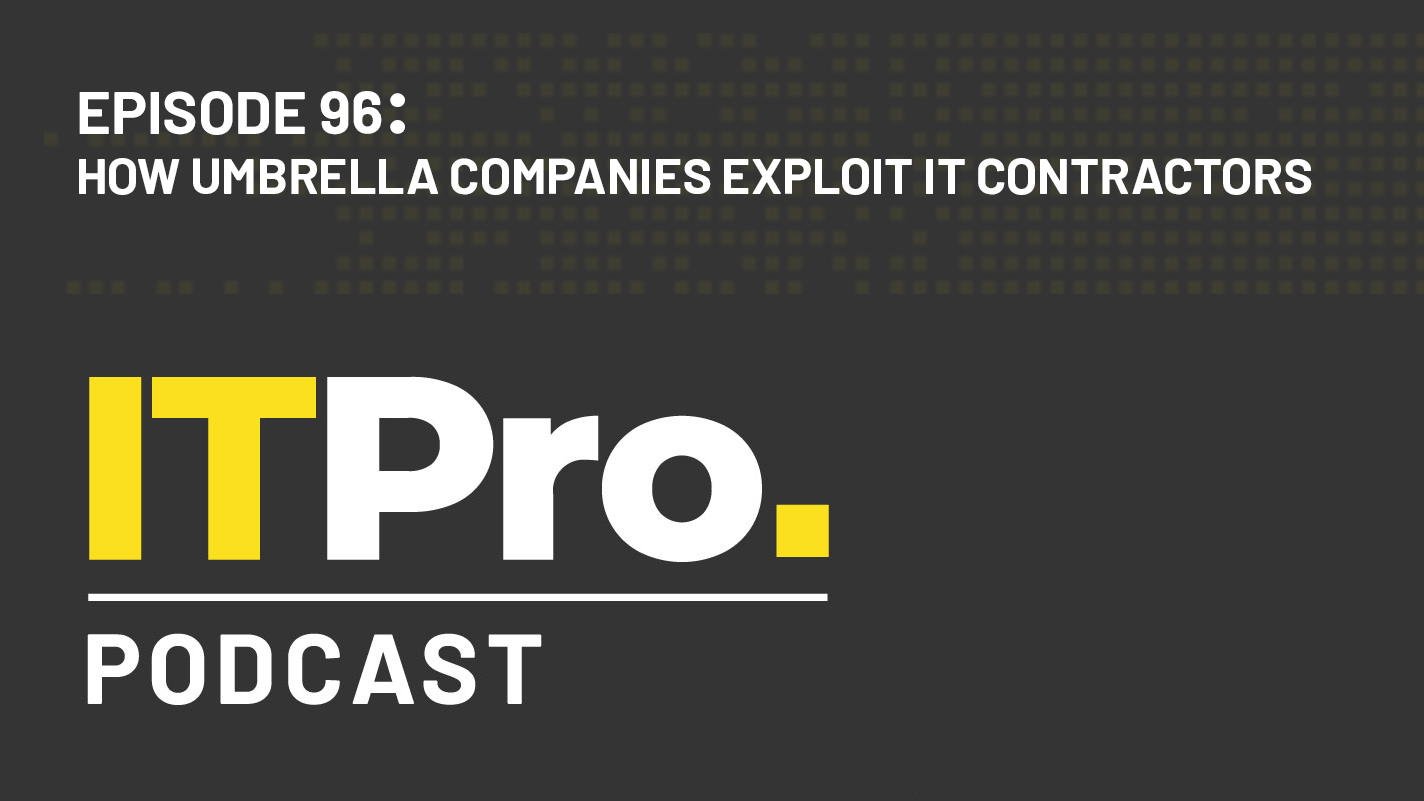 The IT Pro Podcast: How umbrella companies exploit IT contractors
The IT Pro Podcast: How umbrella companies exploit IT contractorsIT Pro Podcast Is tighter regulation needed to stop workers from being cheated out of earnings?
-
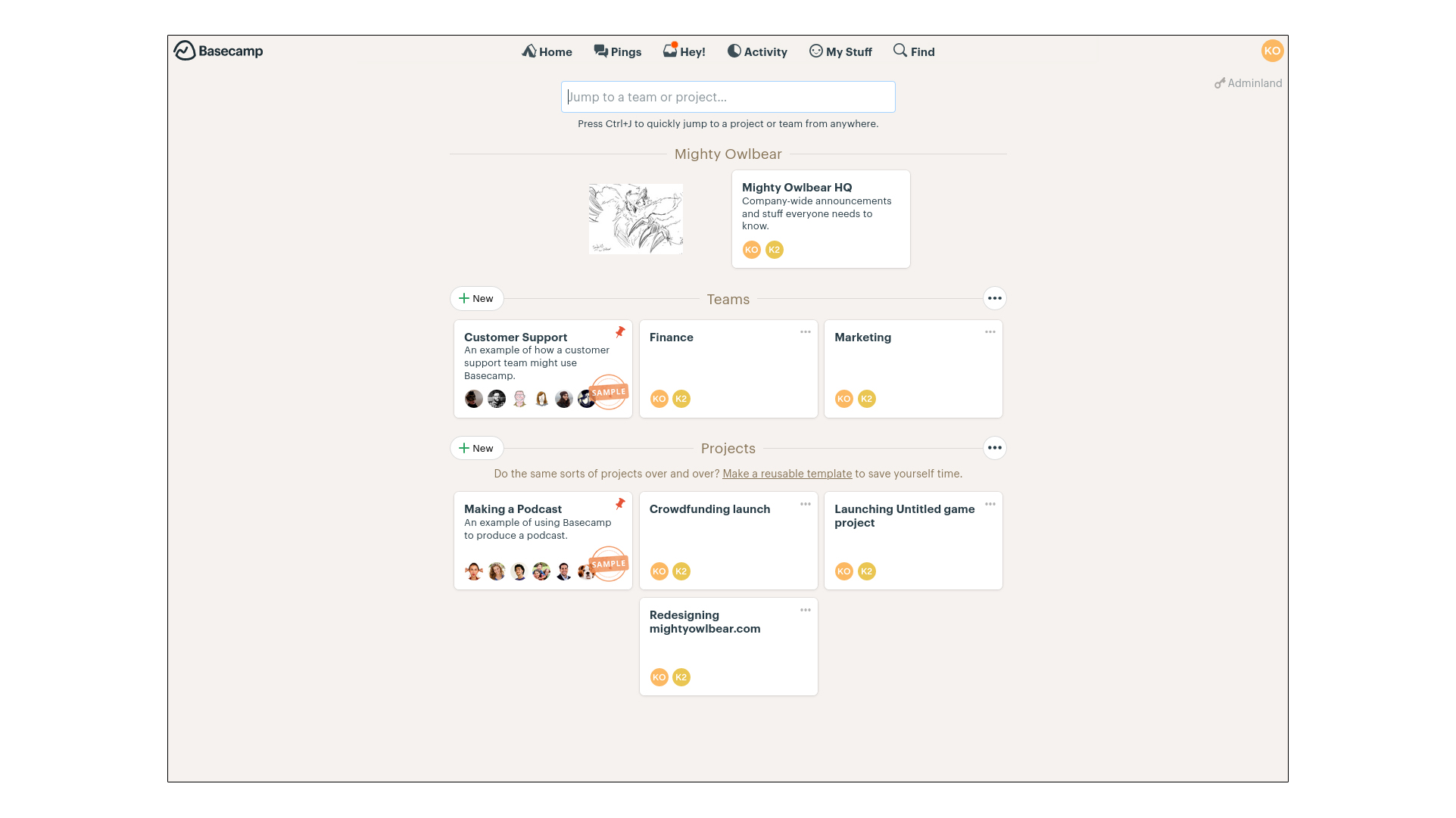 Basecamp 3 review: More molehill than mountain
Basecamp 3 review: More molehill than mountainReviews Basic project management and collaboration tools wrapped into a tidy web and mobile interface
-
 What is PRINCE2?
What is PRINCE2?In-depth We take a closer look at the project management framework
